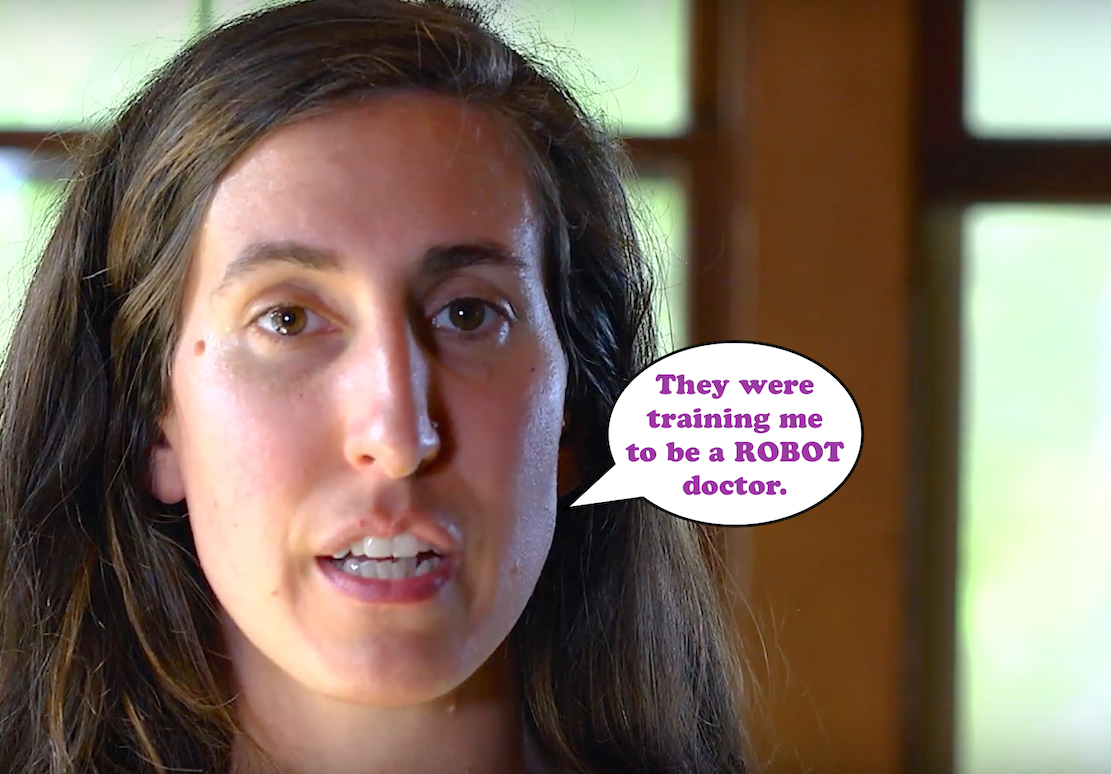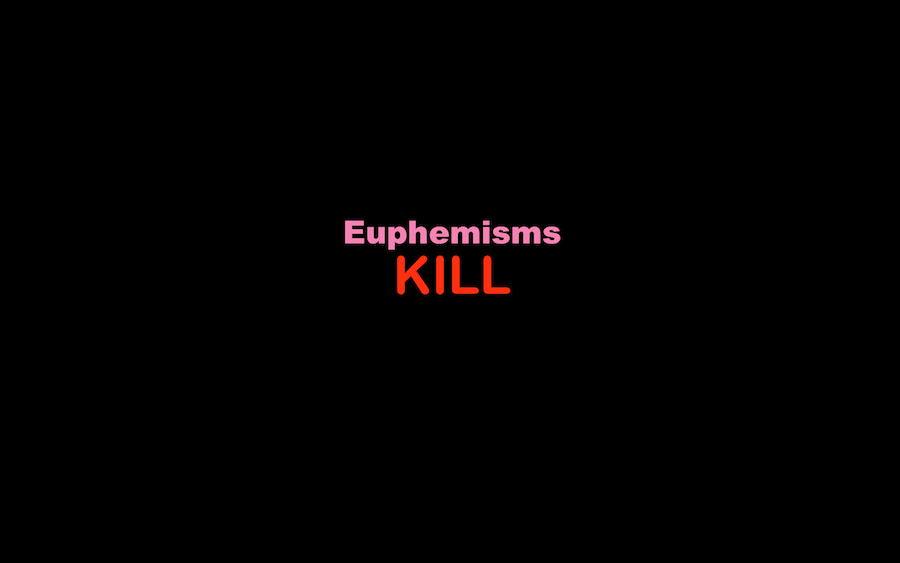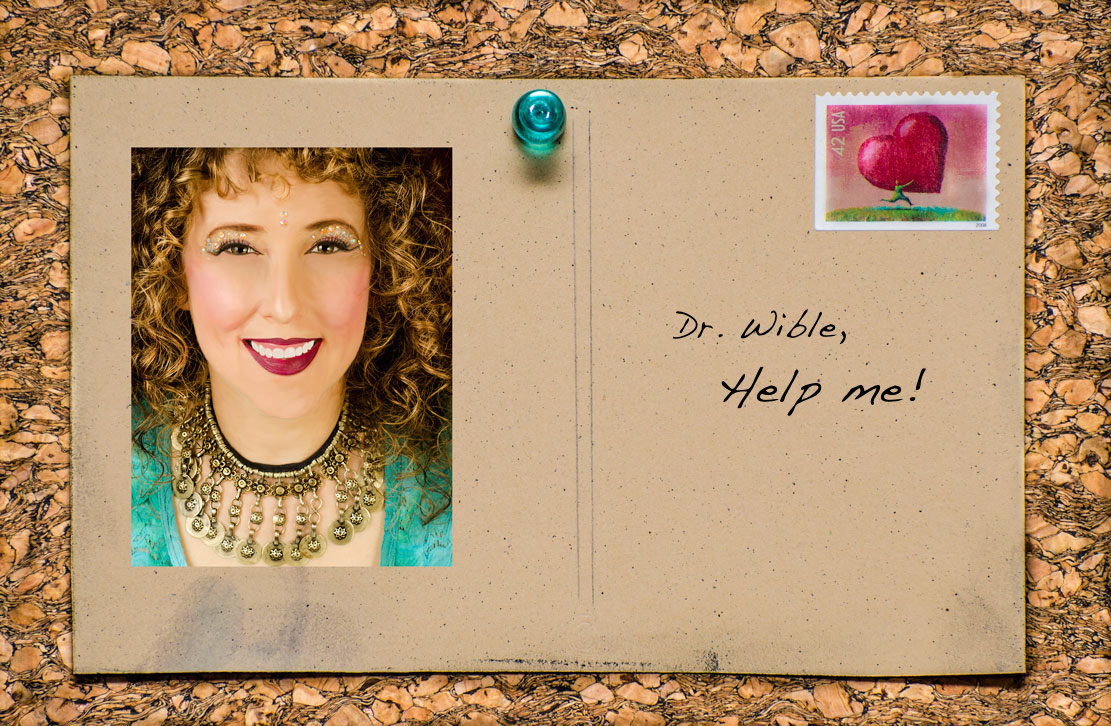Hi, my name is Delicia Haynes from Daytona Beach, Florida, and about a year ago, I felt stuck. I was in a clinic that I had started myself and I was seeing more and more patients just to make the overhead and I didn’t see that there was any solution in sight. I loved what I did. I loved taking care of patients. But how I did it was actually killing me. And the name of my practice was Family First Health Center, but I realized that I was never going to have my own family or be able to put my own family first if I continued in that model of seeing a patient every 10-15 minutes and having to worry about all the paperwork and the billing and all the headaches. And I really felt like I had to hire more and more people to support that side of medicine instead of the actual clinical care side of medicine and I felt like the joy that I went to medical school was just being drained out of me. But there’s a better way.
It’s really about getting back into relationship with your patients and having a business model that supports that relationship. So now I have transitioned my practice from an insurance-based model where my services were not being valued. We tried as hard as we could to spend a lot of time with them but we just never really felt like they got the personal attention that they deserved. Now I’m in a model where all of my visits are 30 minutes to an hour long and they can talk to me on the phone if they need to talk to me on the phone. I use a membership-based model which is really convenient for them and it’s just what’s going on in the background. What is always in the forefront is the care.
Now I am not only practicing medicine the way I went to medical school to practice it but I’m also becoming the doctor I always wanted to be. When I was a kid I always knew that I wanted to be a doctor or a teacher or a lawyer and I wanted to advocate for my patients, I wanted to teach my patients, and I wanted to heal them and I felt like in that old model I never really got to do that. Now every single day I am teaching, I am advocating, I am meeting my patients where they are and helping them move forward. So if you find yourself in that dark place where you feel like you are stuck, you feel like there is nothing that you can change, there is. The same intellect that took you through medical school and that desire and that passion can get you to change your practice and be able to serve your patients in a way that is fulfilling both to you and of really high service to them.
Family has always been really important to me and I wanted to take care of my own family and have my own family. When I was in my previous model, I just put my patients first. I was a martyr. I was always sacrificing my own needs and stealing time from my family and the activities that brought me joy just to stay in this cycle that I didn’t like that was not what I really signed up for in the first place. I felt I was drained all the time and I started to feel resentful at times because I wasn’t really practicing medicine the way that I thought it would be when I went to medical school and at times I thought well maybe I was just idealistic in the past and this is just the way that it is but I recognized that it’s not. That same passion and that so-called idealism, that passion that you have to serve your patients can be used in a different model.
Today I have time to go to my dance class, I do ballet, I am dating. Things that before in my old practice I wouldn’t have time for. I did not take time to invest in myself. I take vacations now. I tell my patients that I am going on vacation. I recommend that they go on vacation. I am not a hypocrite anymore. I used to tell people all the time maybe you should consider sleeping this much, eating this way, while I wasn’t sleeping that way, I was’t eating really well. I was always rushing and just trying to get to the next thing and now I’m really living my life the way I would recommend for my patient to. I really enjoy eating well and just taking care of my body and doing the things that just fill my cup and give me joy and encouraging my patients to do the same.
It’s a night and day in both my mindset, how I think about my work and my job and my mission. It’s not a job, it’s a calling. Now I’m really respecting my calling and I’m practicing medicine the way I felt I should have been doing all along. I’m proud of myself. My patients are happier. I see that when other physicians look at me they see possibility. They realize that it doesn’t have to be the way that their doing it even though all these people are saying that you can’t do it on your own, you need all these administrators and all these people to handle all these little details. That somehow you with all of your education might not be able to do it. That’s a lie. You are completely able to run a clinic. You are completely able to practice medicine in alignment with your vision and there are people like Pamela who will help you and all of us will help you get to that goal
So I would just encourage you to go for it. You know what you’re doing and you can definitely do it. It’s simple. There’s people out here who will help you and your patients and the people who you are meant to serve are going to benefit so much from it.
Pamela Wible, M.D. is a family physician and “liberator of physicians from treadmill medicine.” This video was filmed by GeVe at our biannual physician retreat. Come join us! Questions? Contact Dr. Wible.
















